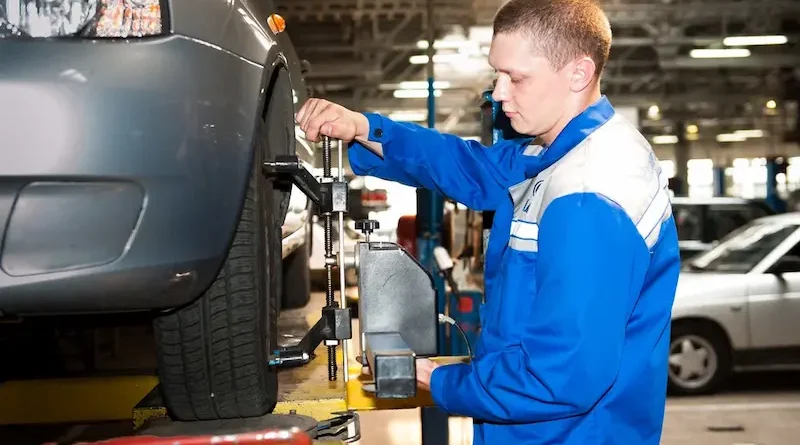Benefits of Regular Vehicle Maintenance
Regular vehicle maintenance is essential for running your car smoothly, safely, and efficiently. Whether checking fluid levels, replacing worn brake pads, or scheduling routine oil changes, staying on top of maintenance helps prevent costly repairs and unexpected breakdowns. Beyond performance, regular upkeep can also extend the lifespan of your vehicle and ensure it retains more of its value over time.
This practice is essential for those driving older cars or used SUVs, where preventative care is crucial to reliability. Since these vehicles may already have significant mileage or wear, consistent inspections and servicing help address minor issues before they develop into major problems. Regardless of make or model, maintaining your vehicle regularly supports better fuel efficiency, reduces emissions, and contributes to a safer driving experience for you and others on the road.
Enhanced Safety
Regular vehicle maintenance mainly improves safety by ensuring key features like brakes, tires, and lights are in good condition. For example, inspecting brakes ensures reliable stopping and prevents minor issues from becoming dangerous. Well-maintained tires provide better grip and reduce risks like blowouts, especially in bad weather. Neglecting maintenance often causes malfunctions that lead to accidents, particularly worn brakes and under-inflated tires. Routine checks of steering, suspension, and lights help your car respond properly, saving lives.
Improved Performance
Regular maintenance keeps your vehicle reliable and responsive. Basic services like oil and air filter changes ensure smoother rides and better engine performance. Neglecting these can cause sluggishness, increased wear, and a poorer driving experience. Small tasks like replacing spark plugs and maintaining fluid levels help all systems run smoothly, enhancing comfort, quietness, and handling.
Prolonged Vehicle Lifespan
Every car owner wants their investment to last, and regular maintenance is key. Timely oil changes, fluid top-ups, and repairs catch issues early, preventing costly failures. Well-maintained cars are less likely to break down, ensuring longer use and saving money. Following the manufacturer’s schedule helps detect problems early, avoiding major repairs and extending vehicle lifespan.
Increased Fuel Efficiency
Fuel economy reflects your vehicle’s health. Clogged filters, old oil, or low tire pressure make your car work harder and burn more gas. Replacing a dirty air filter can boost fuel efficiency by up to 10%. Keeping tires at recommended pressure reduces resistance, saving fuel. Regular alignment and fixing issues like misfiring cylinders or faulty sensors improve MPG, making your car greener and cheaper to run.
Cost Savings
Regular maintenance, while an expense, significantly reduces the risk of expensive future repairs. Addressing worn brake pads or a cracked timing belt early is less costly than replacing major engine components after a failure. Routine servicing and minor repairs are more economical than dealing with unexpected breakdowns that incur high towing and labor expenses. Small investments now can prevent costly repairs later. Consistent budgeting helps avoid surprises and preserves vehicle value. Basic checks, such as fluid levels and warning lights, also help prevent larger, hidden problems.
Higher Resale Value
Keeping detailed service records can boost your vehicle’s resale value by up to 20%, as buyers and dealerships value proof of regular maintenance. It reduces perceived risks and often results in better pre-sale inspections. Some vehicles with excellent maintenance may also qualify for certified pre-owned status, adding further value.
Visit the rest of the site for more interesting and useful articles.

